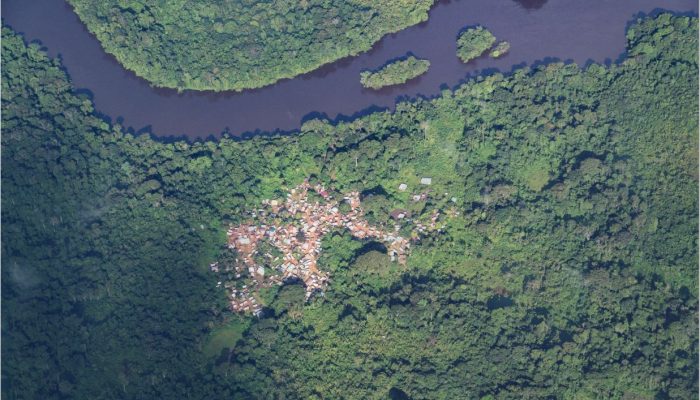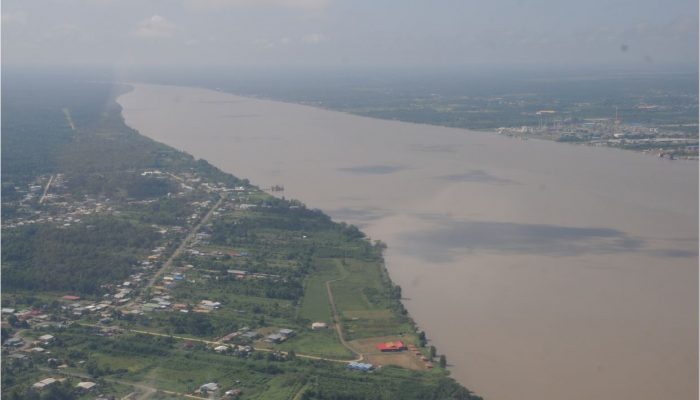Project Info
Project Description
CROSS-CUTTING CAPACITY DEVELOPMENT PROJECT SURINAME
Background information
Suriname carried out its National Capacity Self-Assessment1 (NCSA) in 2009, where priority areas for capacity strengthening have been identified in view of biodiversity, climate change and land degradation. Although the NCSA is aimed at capacity building to implement the 3 Rio conventions, namely UN Convention on Biological Diversity (UNCBD), UN Convention on Combat Desertification and Drought (UNCDD) and UN Framework Convention on Climate Change (UNFCCC), it appears that capacity reinforcement is not only intended for just one sector but several. if not all in Suriname. The approach of this project is therefore multi-sectoral, hence the cross-cutting capacity development.
The cross-cutting priority areas are:
- The Public sector and physical planning
- Interdepartmental cooperation
- Clear mandates and responsibilities
- Institutional reinforcement and research
- Improved management of natural resources
- Data and information collection
- National inventories and databases
- Integrated system or framework
- The Environmental Framework Act
- Communication
- Communication between sectors
- Coordination of awareness activities
This project is primarily aimed at supporting Suriname to comply with the obligations of the aforementioned Rio conventions and integrating Environmental Management into our National Planning.
Purpose and outcomes of the project
The aim of this project is to generate benefits through improved decision-making mechanisms and local planning as well as development in Suriname by mainly harmonizing existing information systems related to the 3 Rio Conventions and ultimately integrating internationally accepted measurement standards and methodologies.
To achieve this goal, this project will focus on 3 outcomes:
- Increased capacity of policymakers and stakeholders for the management of environmental planning and processes that will lead to better decision making that has to do with the benefits by making better use of information and knowledge, for example GIS, knowledge platforms and interactive portals;
- Improved national capacity for effective and coordinated management and implementation of the Rio conventions; and
- Continuous financial support for the effective implementation of the obligations of the Rio conventions.




